A Piece of Paradise and Meeting Great People
Exploring the Maranhão Few Get to See
A friend once told me about a place in Brazil—remote, almost mythical.
Vast dunes stretched like waves of white linen, dotted with clear pools of rainwater so pure they looked unreal. It sounded like something out of a dream. Too strange to be true. But I looked it up. There it was. Lençóis Maranhenses.
The photos stopped me. A landscape that didn’t make sense. Otherworldly, yes—but real. “Lençóis” means bedsheets. An odd name that made sense once you saw it. It lies in the far northeastern tip of Brazil, in the state of Maranhão. A place hard to reach. Harder for me to forget.
Before I even set foot in Brazil, I knew—if I ever made it, I’d go there. But Brazil is not a country you conquer with plans. You don’t understand how big it is until the roads stretch on, hour after hour, with no end in sight.
The first time we came, we had six weeks. Not enough.
I had to get back to the Peruvian border. Paperwork. Deadlines. The kinds of things that don’t care about dreams. So we let it go.
The second time, I had a plan. Drive from Peruvian border, cut across Brazil on the Trans-Amazonian Highway, reach Lençóis Maranhenses, then drop down the coast. It looked possible. On Google Maps, the road was there.
But maps lie. I researched further and what looked solid turned out to be a giant dirt track.
When it rains, that dirt turns to mud. The kind that swallows tires and keeps you stuck for days. Add the heat, the thick, wet air, the miles of nothing—and it stopped sounding like the kind of adventure that I wanted to make with the girls. We took another route.
If you’ve followed my travels, you’ll know that trip didn’t start well. We lost our camper—had to rebuild the whole rig. By the time we reached the north, the rains had come heavy. We let the plan go. Again.
Third time’s the charm, right? Almost.
By the time I realized we could finally make it to Lençóis Maranhenses, the dream had changed. I’d seen too many videos. It was now firmly on Brazil’s tourism map. That usually means noise. Crowds. Rules. Not the kind of experience I was after.
So I started looking elsewhere. On iOverlander, I found a comment that stopped me: “We found paradise. An oasis very much like Lençóis, just smaller.” That got my attention.
iOverlander is an app for people like me—those who live on the road. If someone posted it there, it meant you could actually get there on wheels.
But there was a catch. Seems there always is with those special places.
The pools were tucked between a tiny coastal village and a mangrove river. No road in.
The only way was driving on the beach, and only at low tide. Years back, I lost a car doing just that. So… I don’t take those chances lightly.
I asked around. Locals said it could be done. I studied the tide charts. Looked at the maps. It felt right. So we set off, late in the afternoon, hoping to get the golden hour before sunset and to wake up with the golden light breaking over the dunes.
It was just as I’d pictured—maybe better. A true desert oasis. I’ve always had a thing for dunes, for that endless, shifting silence. But deserts are hard places. No shade. No water. Beautiful, but brutal.
This was different. Here, the pools were fresh—clear as glass, cool on the skin, even sweet on the tongue. Real water, in the middle of sand. Paradise, for me.
We spent the afternoon exploring. Me and Mia must have swam in 10 different pools.
But the sky turned. Clouds rolled in thick, and golden hour never came. I couldn’t get the shots I wanted. I told myself: tomorrow.
That night it rained. By dawn, the clouds were still there. Heavy, low.
Still, I sent the drone up. Even under gray skies, the place looked unreal—soft, wild, untouched.
A local had told me the wind here is strong, always moving. Even when it rains, he said, the wind clears the sky quickly.
And he was right. By mid-morning, the clouds broke.
The sun came out—not low enough for that gold, but bright enough to carve the dunes with shadow and light. The whole place lit up like it had been waiting for it.
We went back from the dunes down to the car. As we were packing up Mia pointed—a man with a bucket and a net. She knows me well. Fishermen are one of my favorite subjects to photograph.
I went over and asked if I could make his portrait. He smiled. “Claro,” he said. Sure.
We talked for a bit. His name is Elias and he was moving small fish from one lagoon to another—a pool he’d built himself, where he was raising them.
At first, I thought it was a typical fish-farming setup. Nothing unusual. But then he invited us to see it for ourselves. Of course I said yes. Any time someone offers a window into their life, I step through.
Mia and I followed him along a narrow sand path, winding through the brush. It led to a piece of land—his family’s old property. A few chickens scratched the ground. A horse stood in the shade. He told me he had bees for honey too.
This was how he lived. Simple. Self-sufficient. Probably the same way his parents had lived. Maybe their parents, too.
Now, the fish. I’d assumed he was breeding them—but that wasn’t the story. One day, during a high tide, fish had entered a pool connected to the mangroves. He saw the chance. Bit by bit, he hauled in soil with a handcart, sealing the pool. No machines. Just sweat.
The fish couldn’t reproduce there, but they could grow. He fed them not pellets, not chemicals, but smaller fish he caught from a nearby lake.
Whoever ends up with those fish—well, they’ll be eating something rare.
We stayed a while, watched him work. He cut the bait by hand and tossed it in. Before we left, he gave us some eggs from his hens—just handed them over.
He wanted us to remember him with something nice.
We headed back to Tutóia, the nearest town with more than a handful of streets. To get there, we had to drive the beach again. I kept an eye out, hoping to see more fishermen at work.
But the weather had shifted again—rain and wind sweeping in from the sea. The coast was empty.
We returned to a campsite we’d stayed at before. The owner recognized us right away. Said he wouldn’t charge us—just happy we came back. Another quiet gesture of generosity.
He remembered I was a photographer, remembered I’d been asking about fishing villages. “Why don’t you visit Seriema?” he asked—a small village just across the river from the oasis we’d been to.
Indeed, why not? I thought.
So the next morning, we went. It was Sunday. The sky was still heavy, the light soft and gray. As the tide pulled out, a few fishermen set off into the shallows. Others stayed behind, tending to nets, boats and other fishing related things. I decided to explore the village.
One man I met wasn’t a fisherman—he was a prawn seller. Dried and salted them. Knew everything there was to know about prawns. Said his name was Shaginha.
He told me life in the village was good. Peaceful, mostly. But not as safe as it used to be. A few times, thieves had come into his riverside shack (they don’t usually lock anything here) and stole his stored prawns. He shrugged when he said it.
Not angry. Just the way things are.
Further along, I found two fishermen talking by the water. I must’ve interrupted, but they were kind. Welcoming. Even posed for a photo.
I kept walking—following small paths down to the river. Like a treasure hunt. You never knew what might be around the next bend.
At one stop, there was nothing—just a quiet window, and a beautiful young girl framed in it, coming out to look at the strange visitor.
A few steps later, I met a man mending a long fishing net—seventy meters, he said. It was worn through, torn in too many places. Would take a week to fix, maybe more. Until then, he couldn’t fish. So he sat there, working, stitch by stitch.
Not far from him was another house. A younger fishing family lived there. I asked what they fished. “Prawns,” they said.
I smiled and told them I loved prawns. The woman disappeared inside and came back with a bag. “Here,” she said.
Just like that. Another simple, generous gift.
I had come to this region chasing surreal pools of crystal-clear water—but I left with so much more.
Photographs, yes. But also stories. Glimpses into quiet lives. Small gestures of kindness I didn’t expect. Encounters that stayed with me long after we drove away.
Lately, I’ve been thinking a lot about what photography means to me. Why I even started this Substack in the first place.
Back in university, photography gave me something to hold onto. A direction. Later, as I began traveling more seriously, it developed. The camera became a kind of passport. An invitation. A reason to slow down and a way to experience the world in a deeper way.
And over time, I’ve realized something important: you can’t buy your way into those moments. Not with money. Not with gear.
It takes time. Curiosity. Patience. Genuine respect.
You can’t fake your way in. There’s no shortcut. People feel if you’re just out there to exploit and take.
I came for one of the most stunning landscapes on Earth—and left with something deeper. A heart full of gratitude. And a hard drive full of quiet, unexpected treasures.

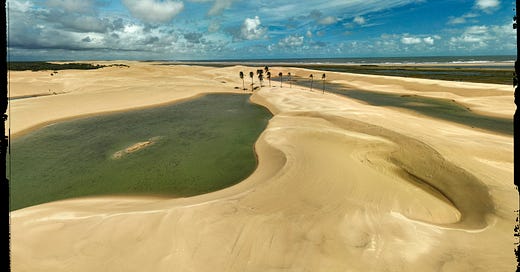


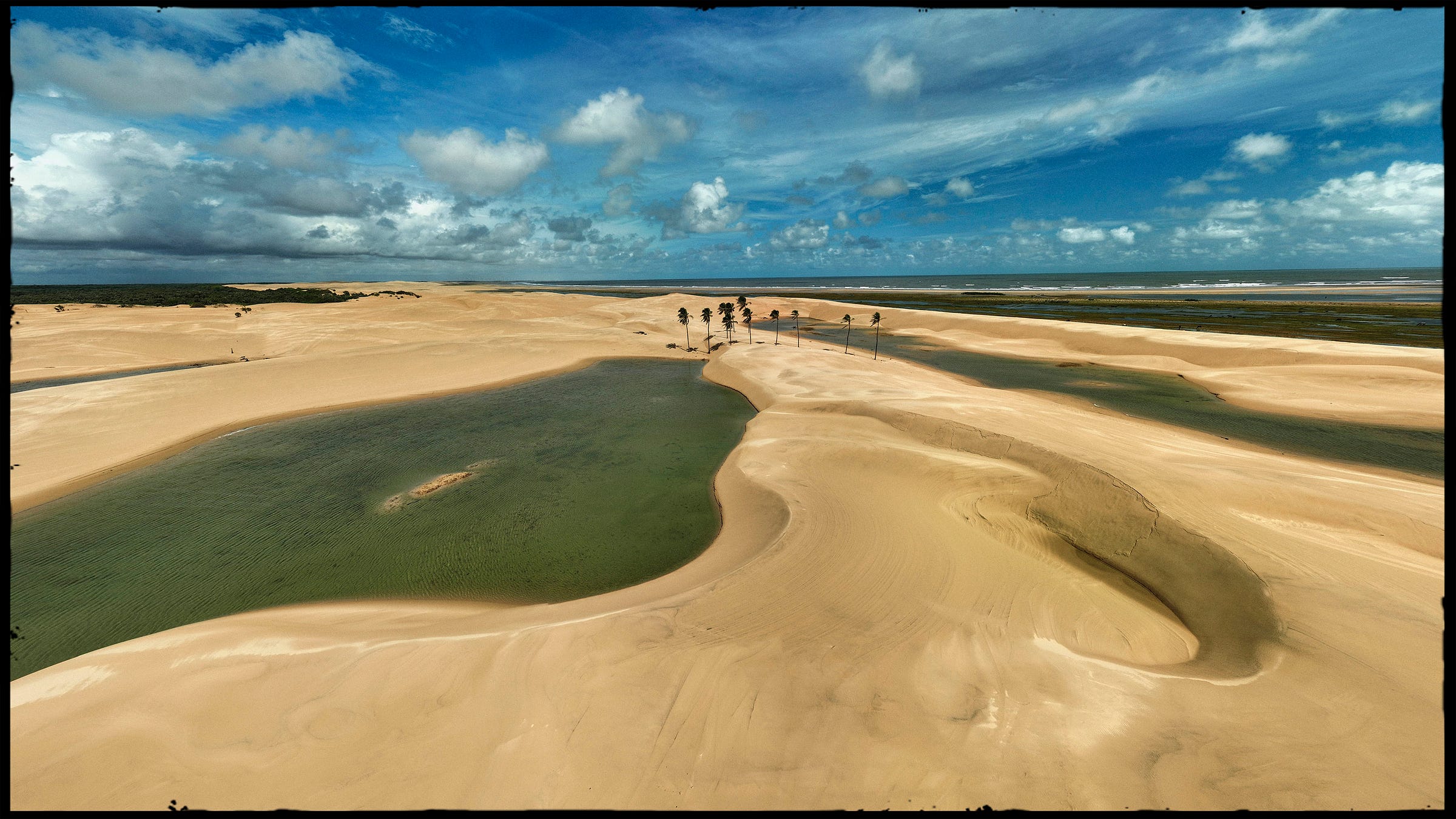
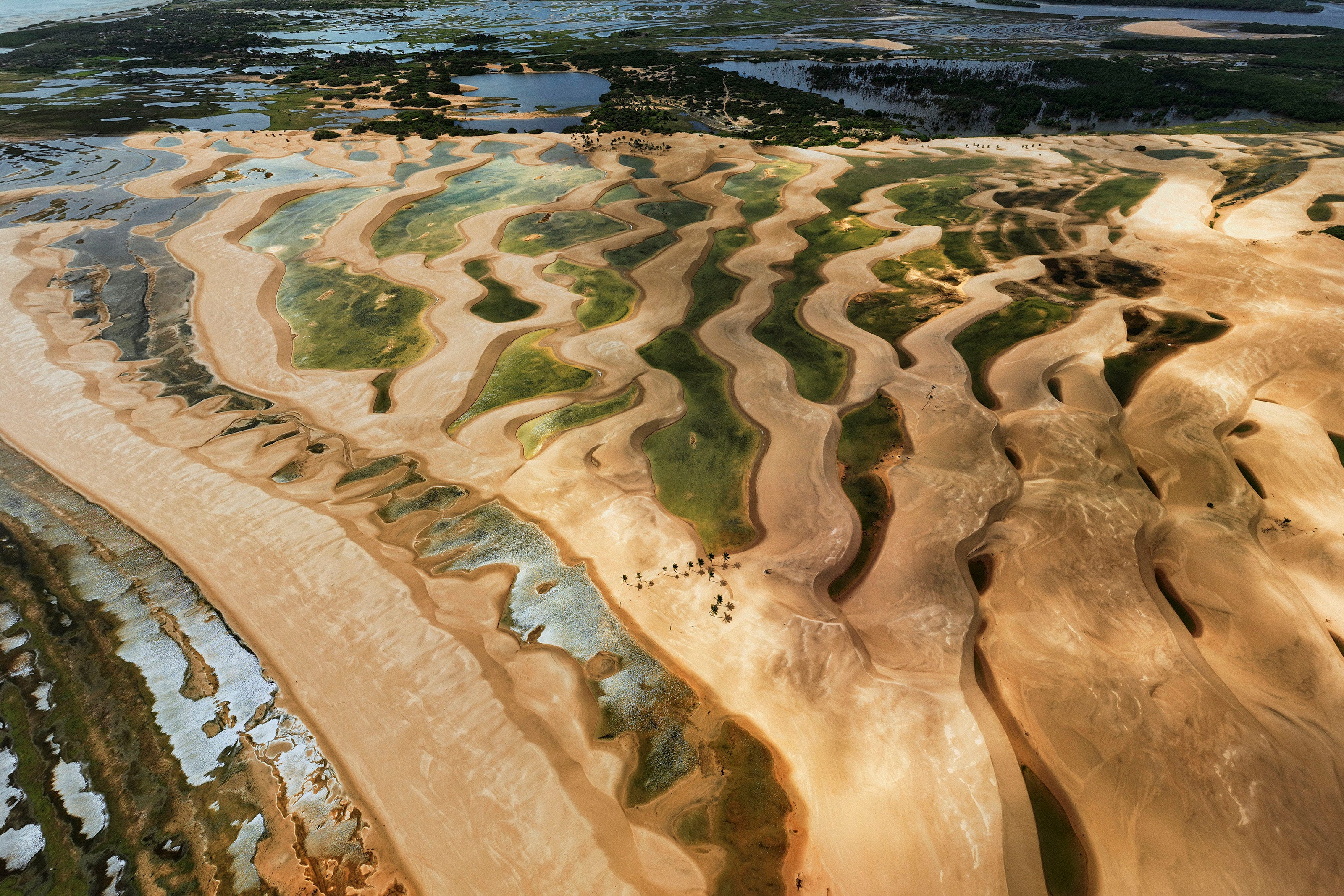
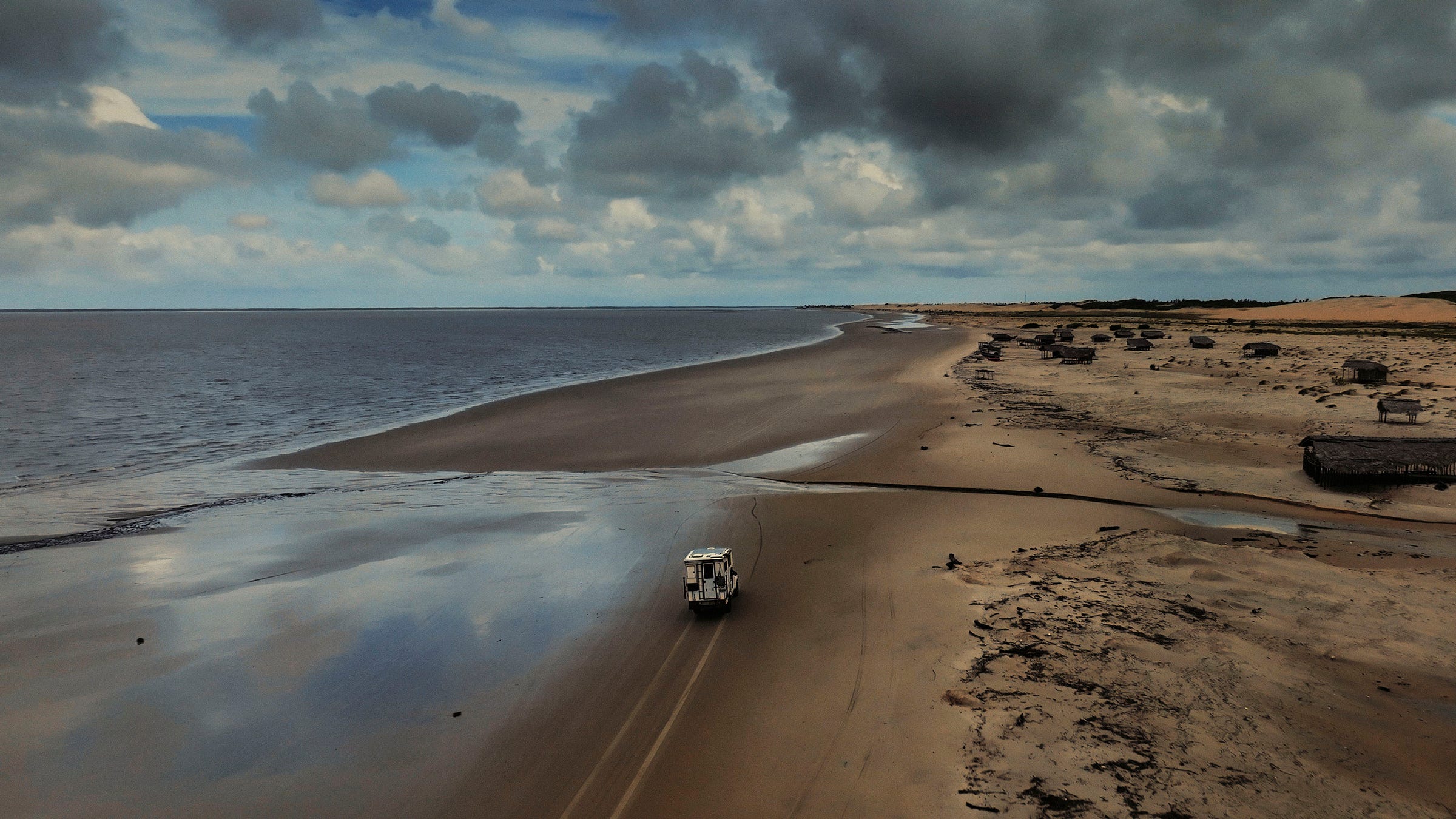
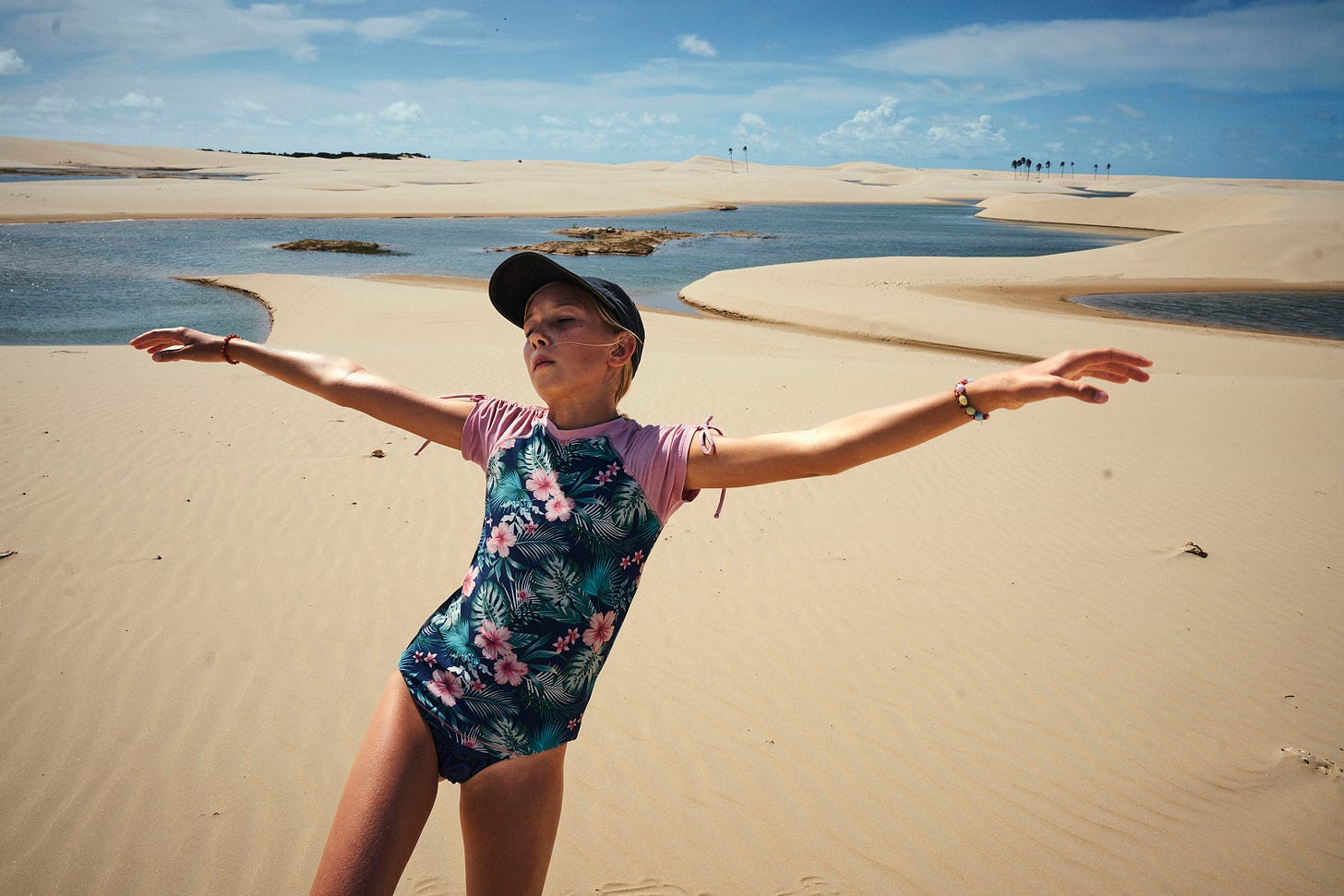
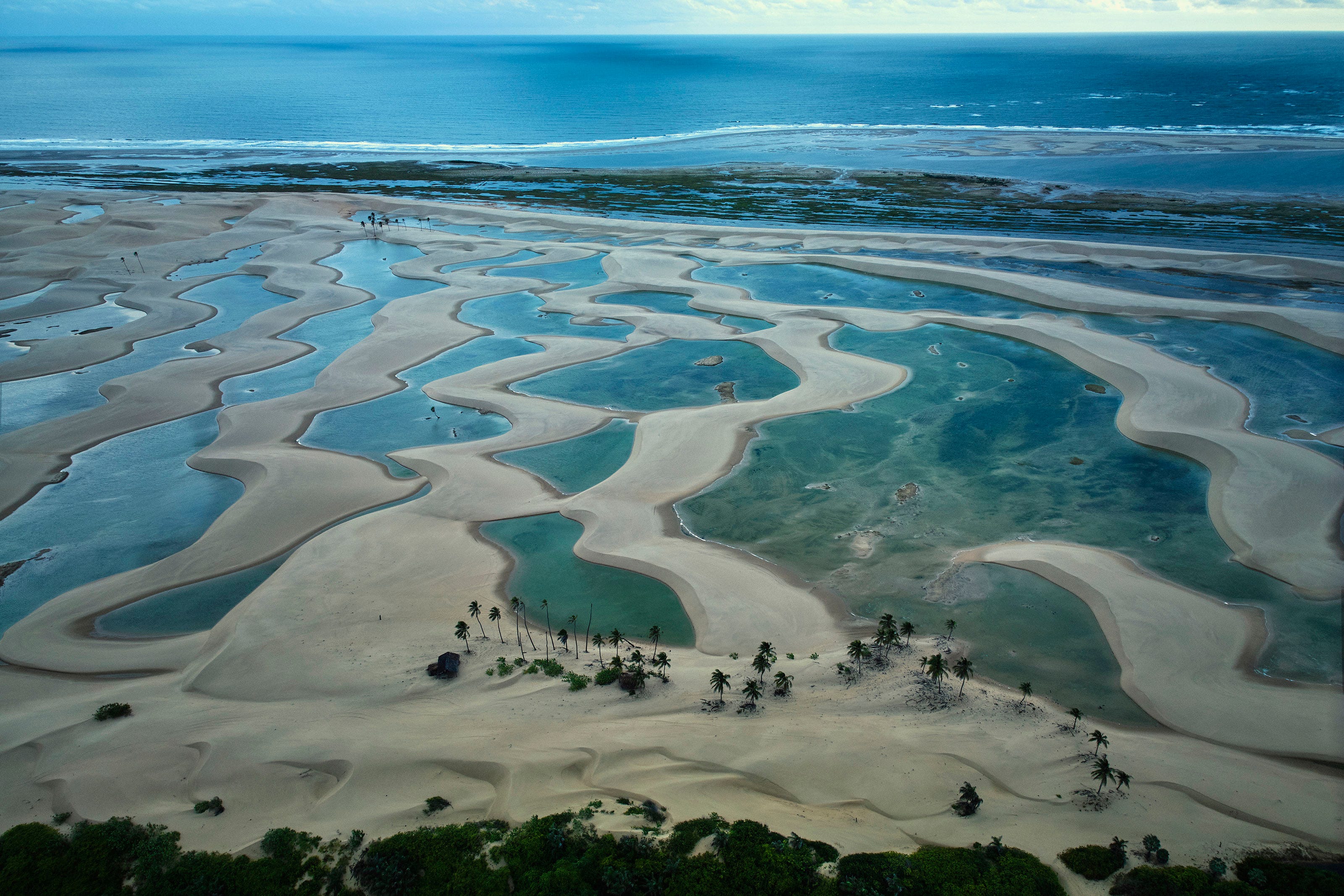
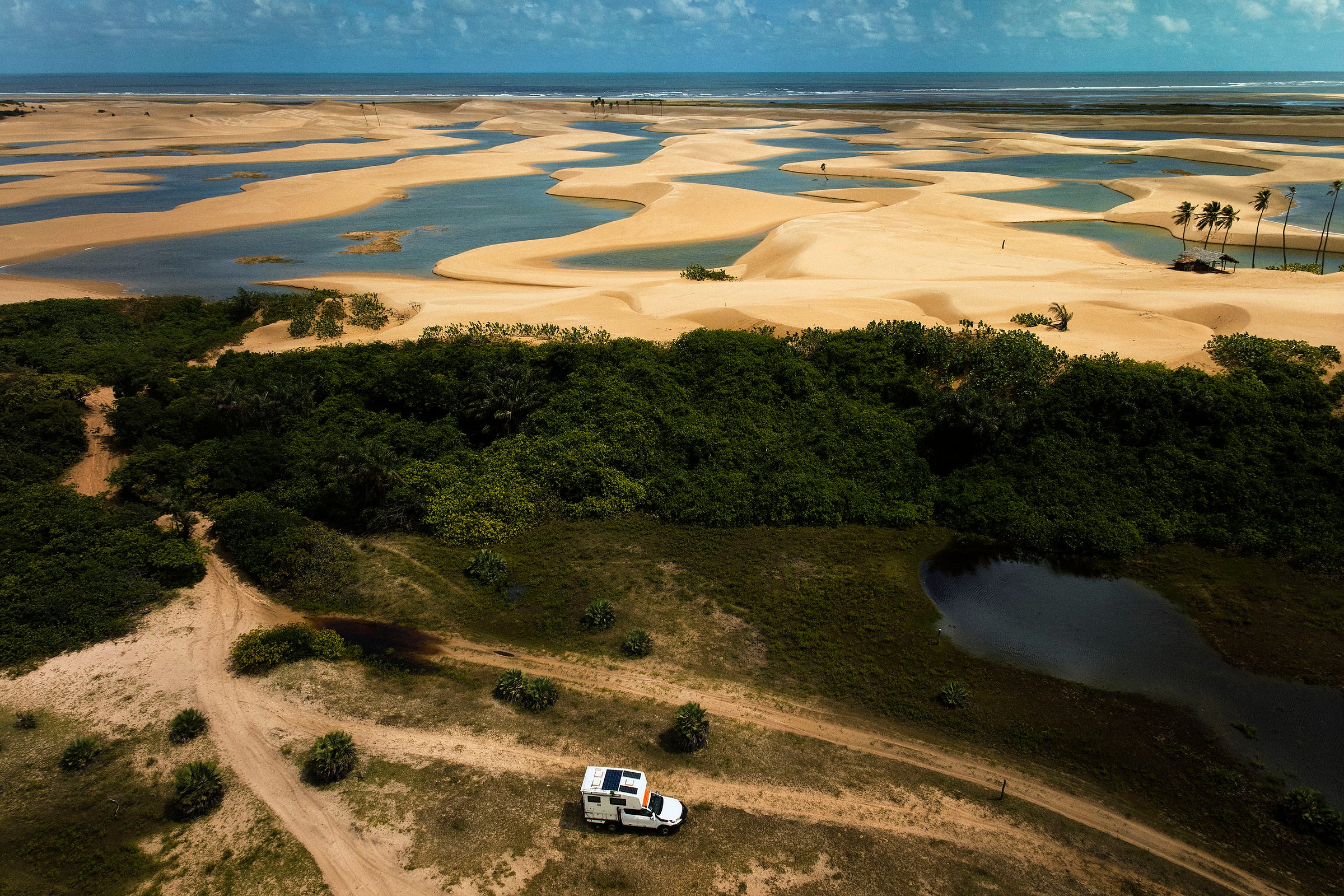
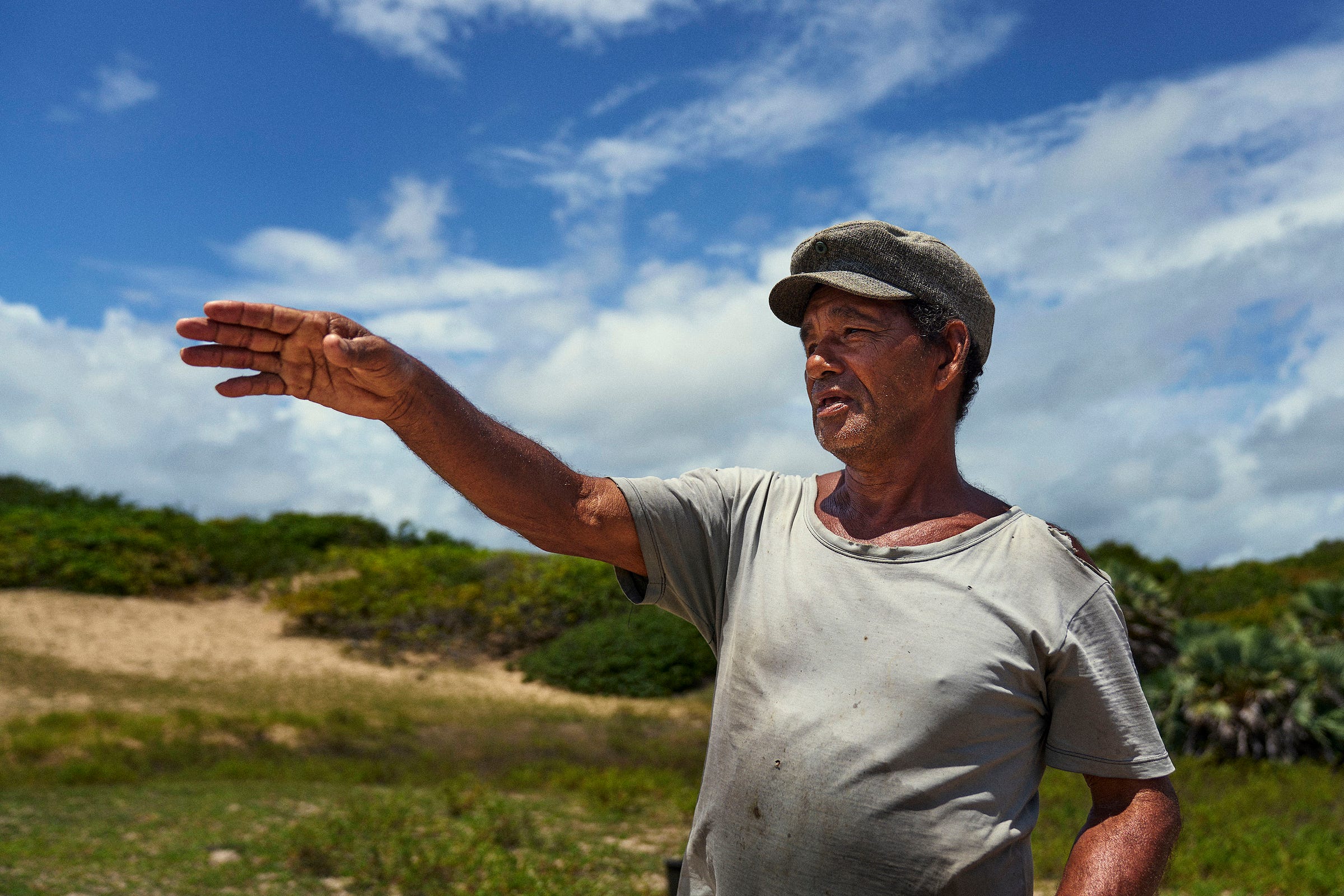
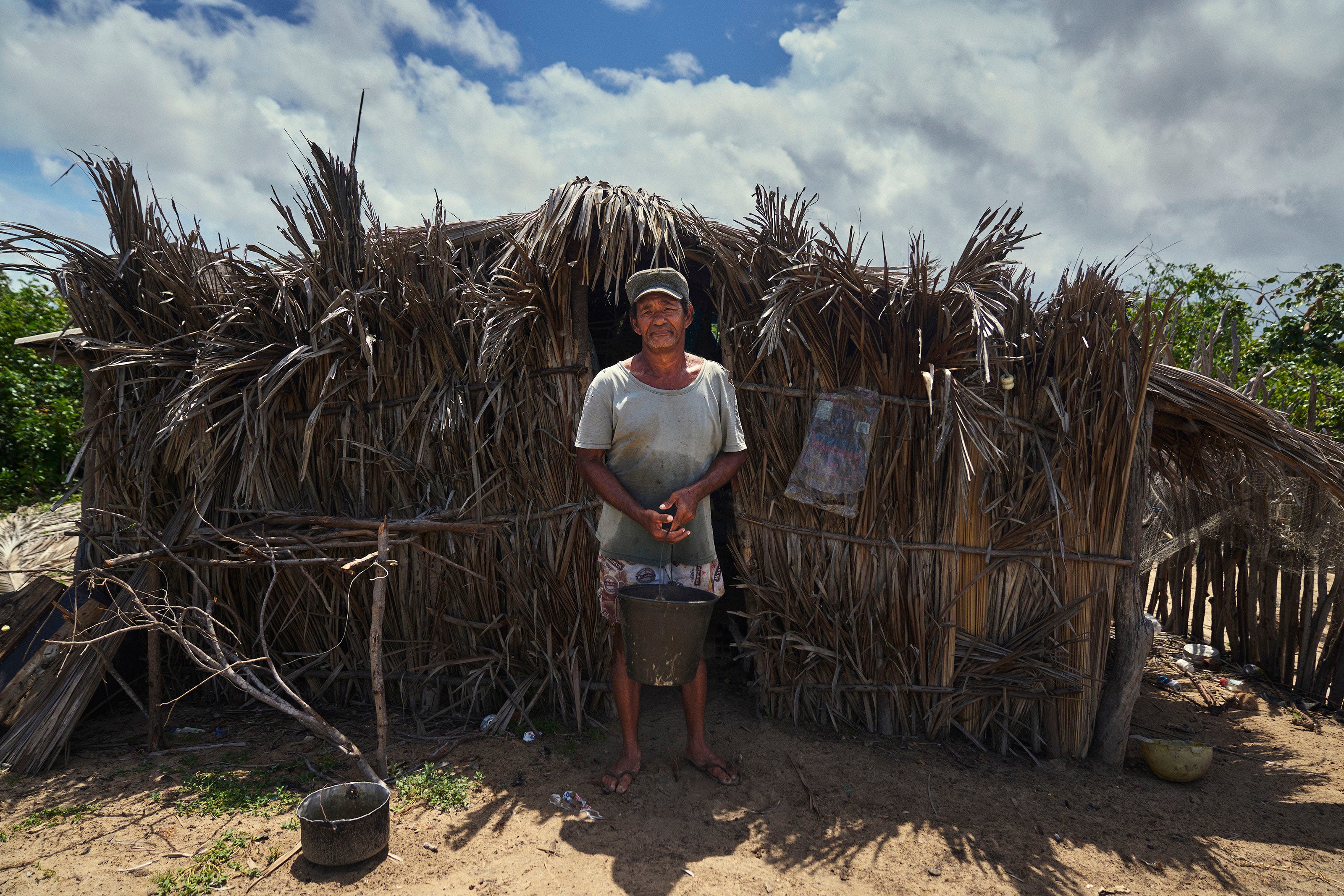
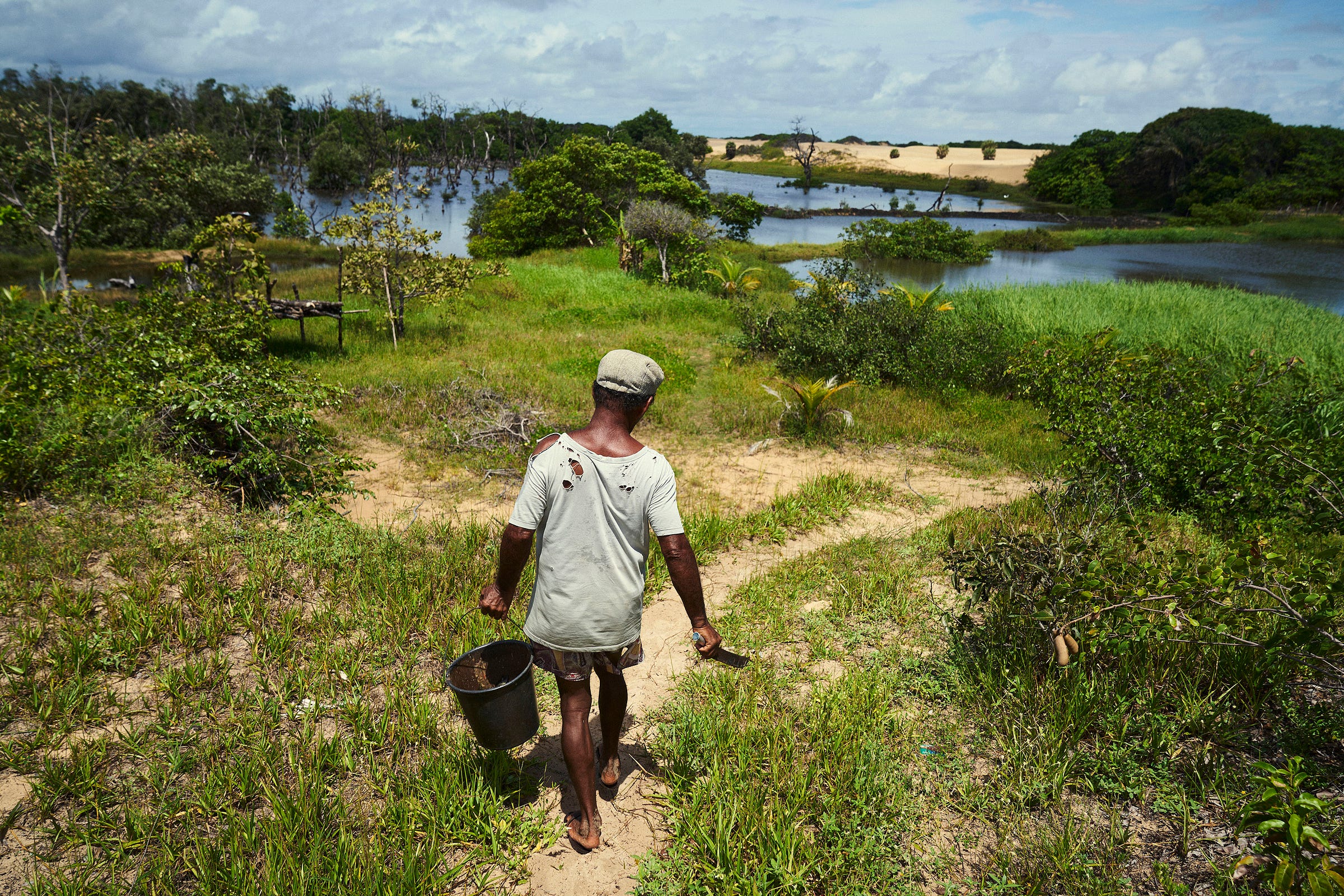
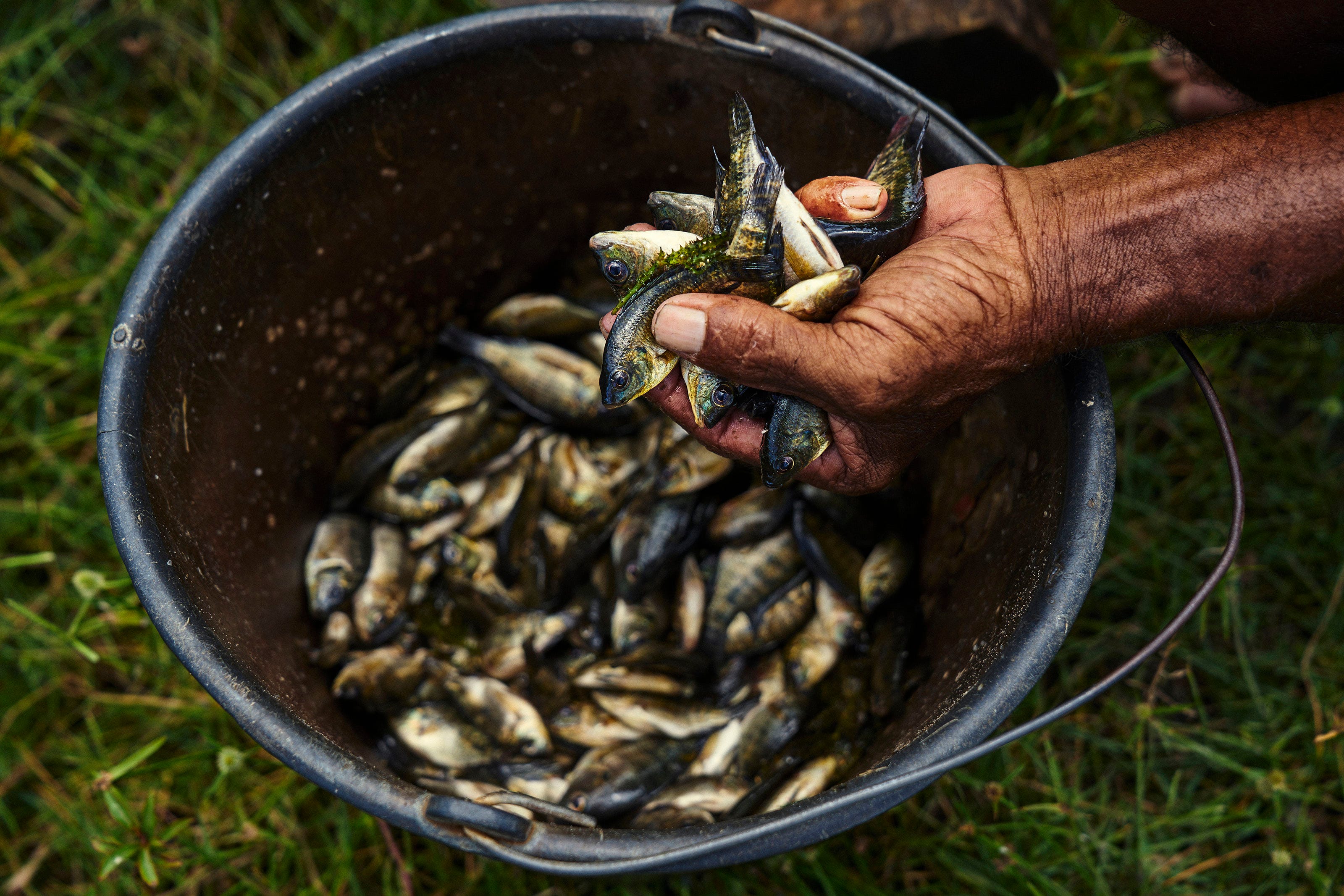
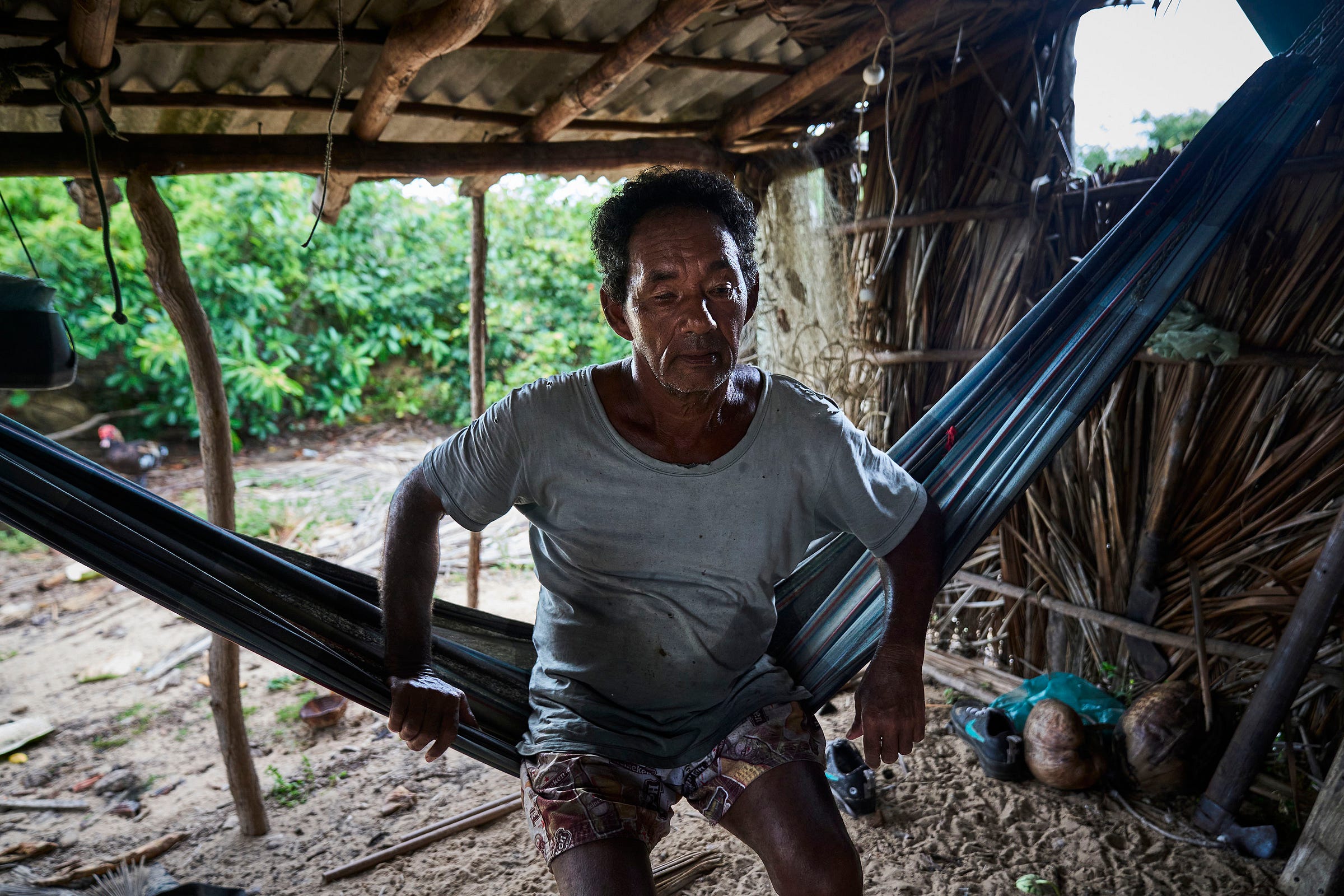
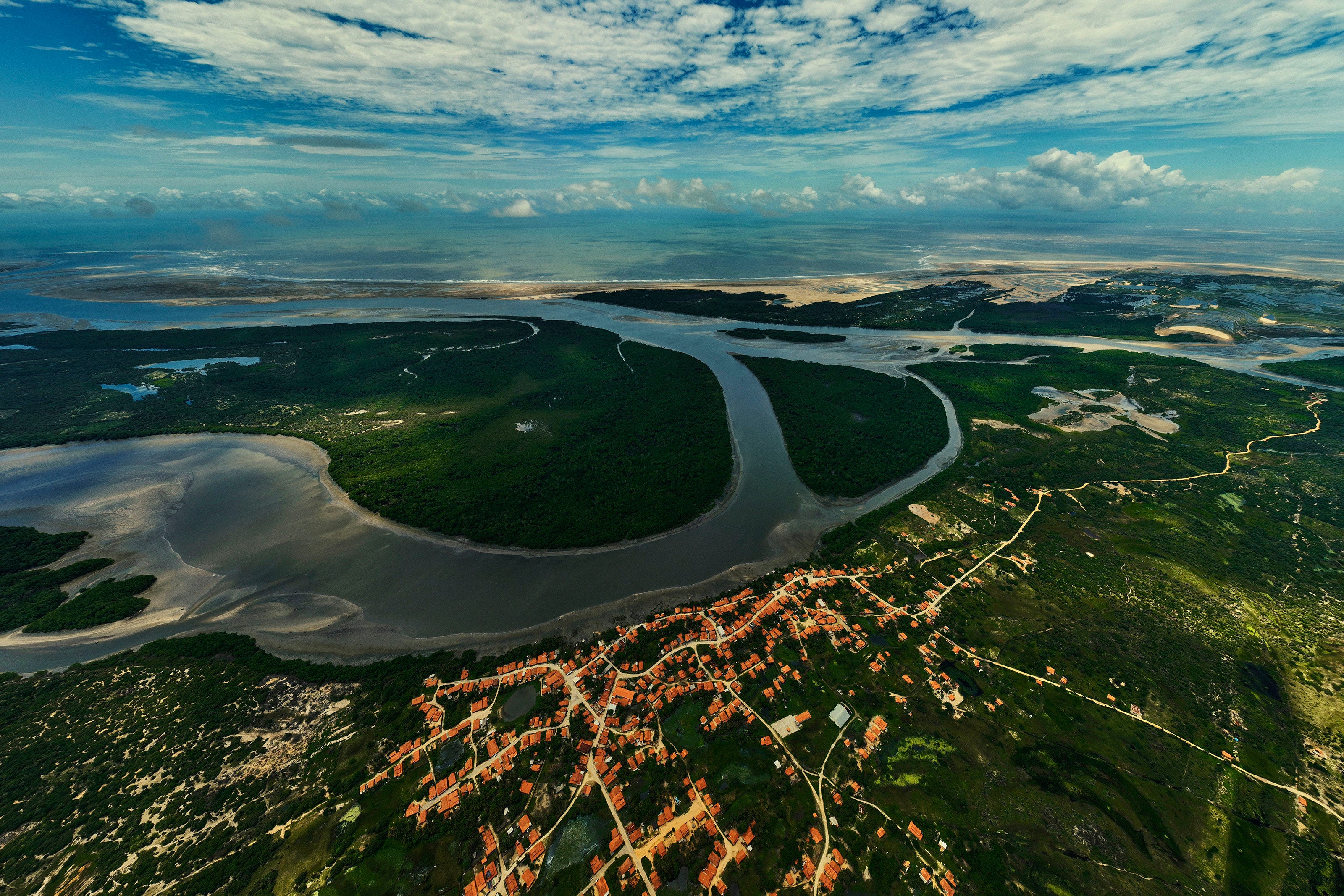
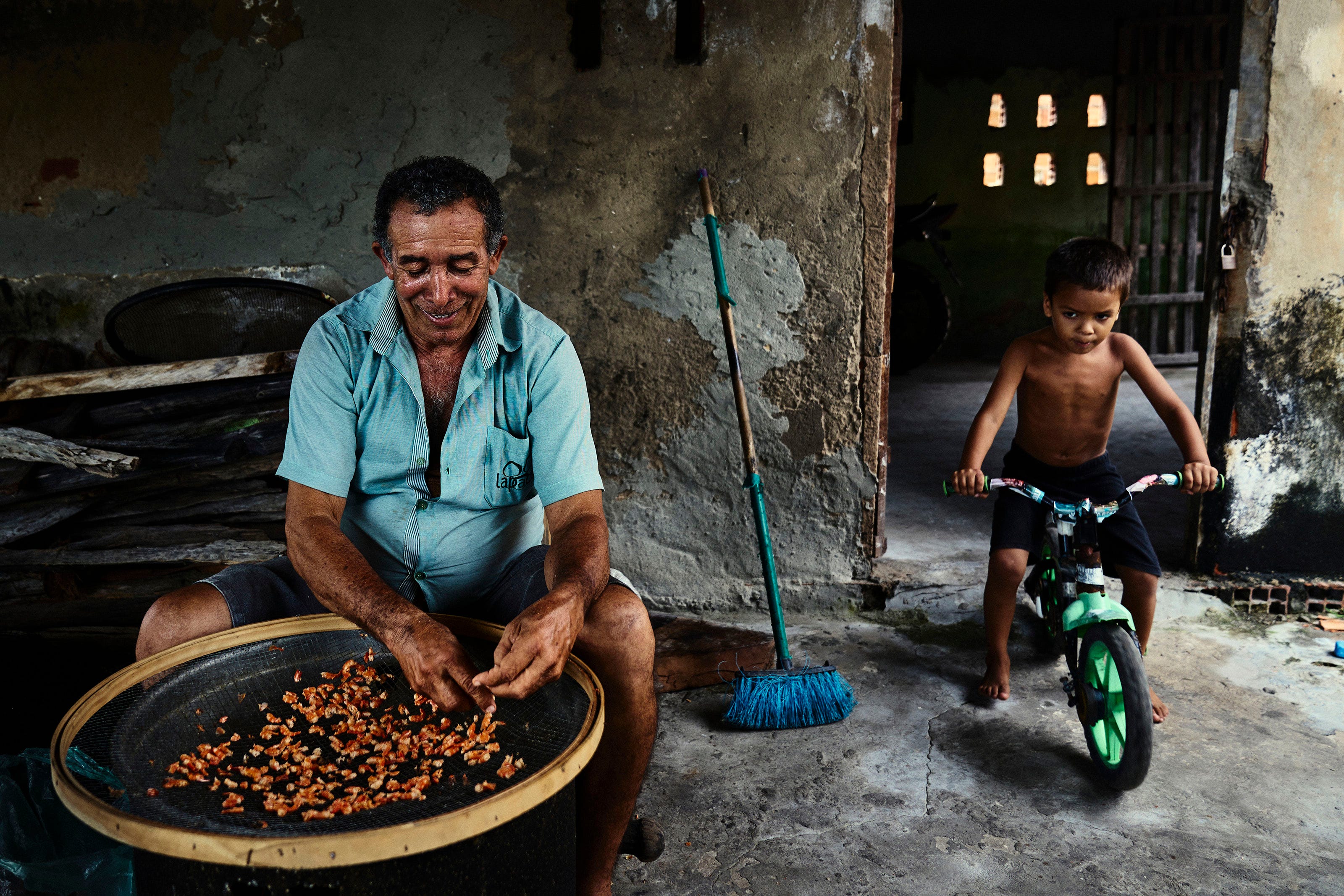
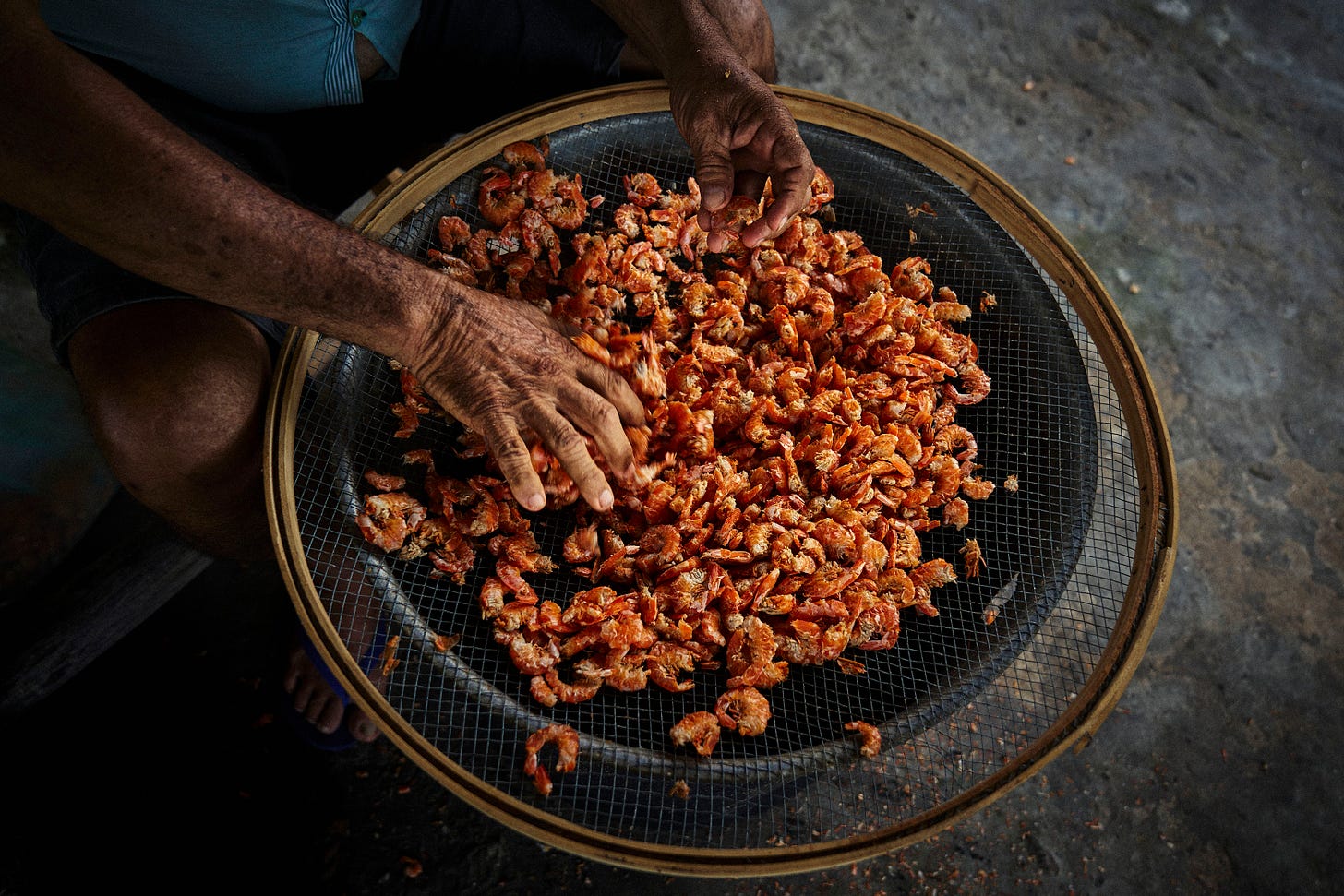
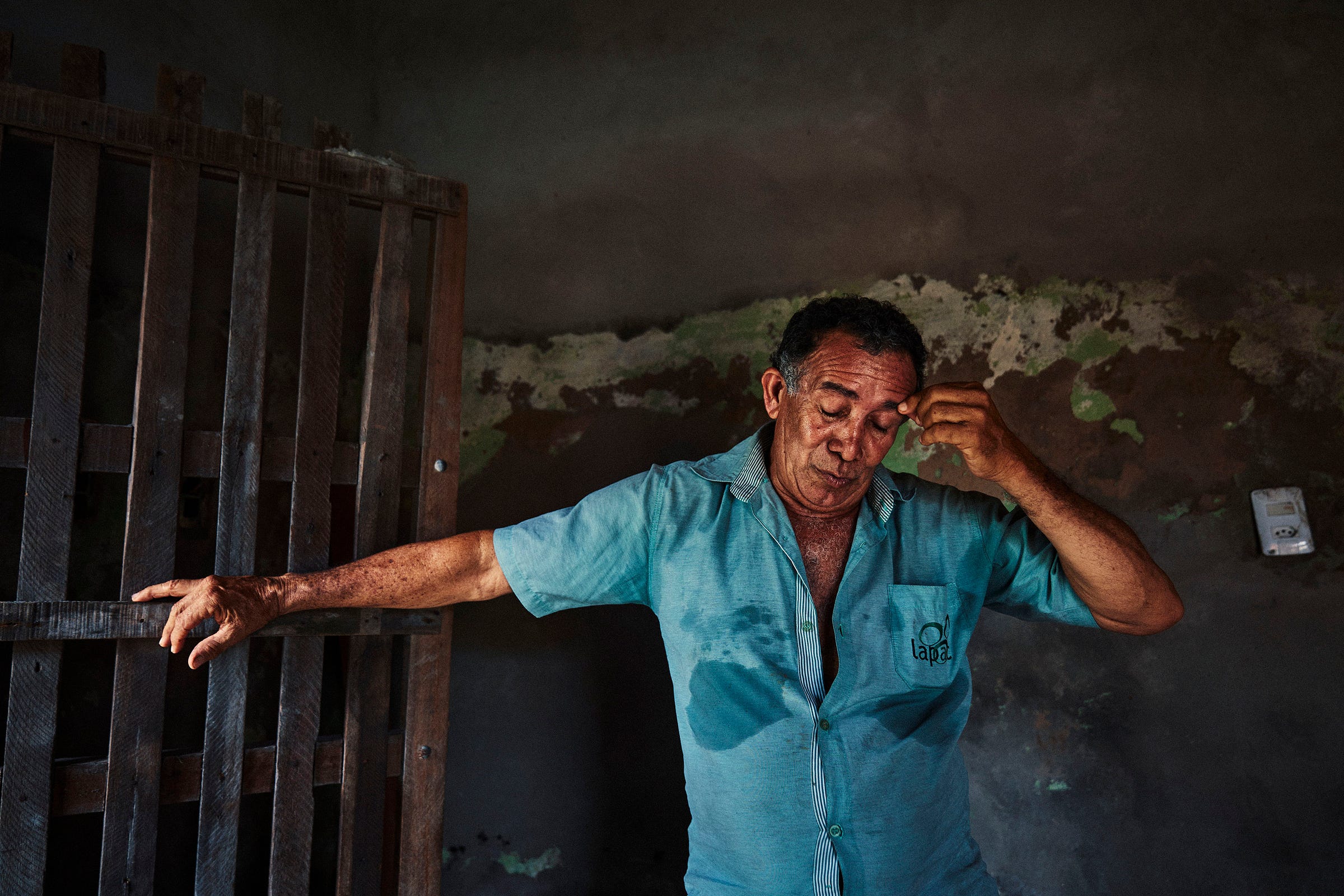
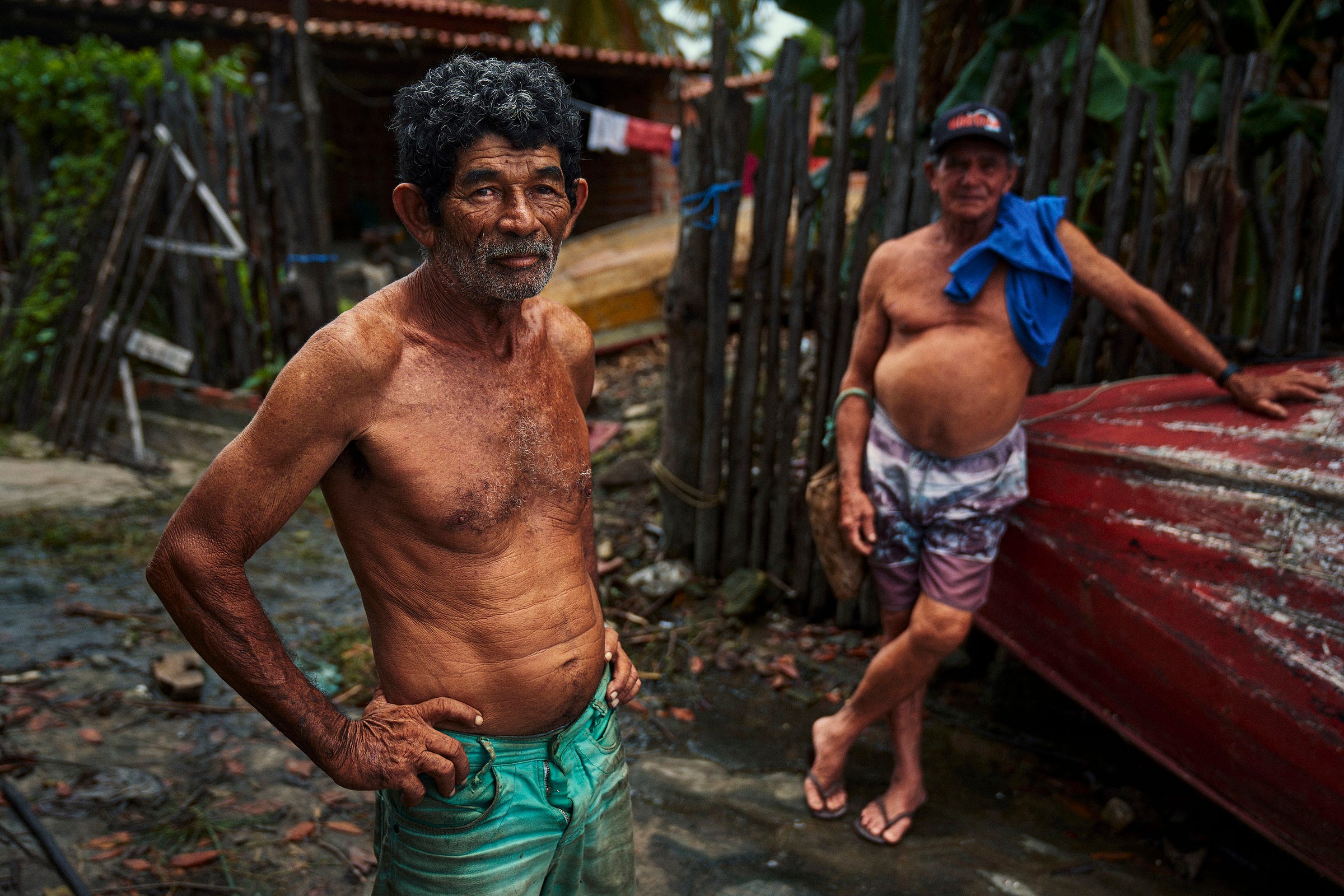

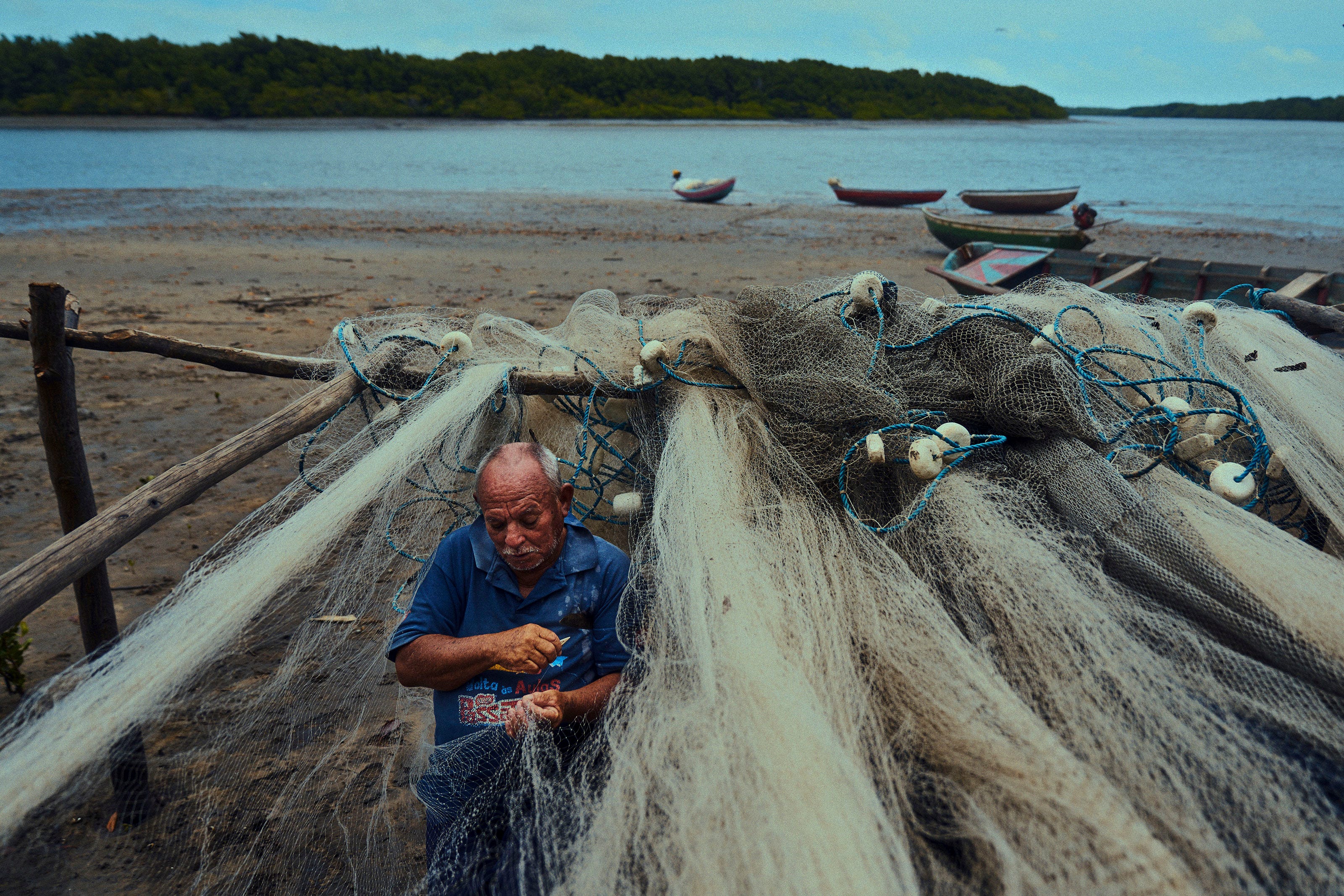
So very beautiful. The photos yes, but the stories that give context to the photos - oh my - they are lovely as well. Thank you for posting.
Beautiful, beautiful photos of a beautiful place and people! Besides the amazing drone images, my favorite is also the girl in the window. I do have a question though - something I've wondered about. First, I must admit that I think I have a little OCD because ANYTHING (not just photos) that isn't straight gets my attention and bothers me. I straighten any photos I take, and I want to straighten others photos as well! ha! There is one where you followed the fisherman down to his property where he raises fish. I notice that the horizon is not straight on that one. There are beautiful clouds in the sky. Was including all of the clouds the reason your horizon was not straight? Is it important to keep horizons straight? Or is it just me?? You are a professional and I am a hobbyist at best. I LOVE your work, and appreciate your sharing it and I also appreciate this opportunity to ask you a serious question.